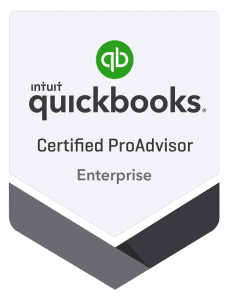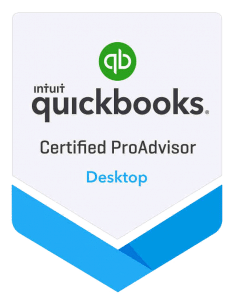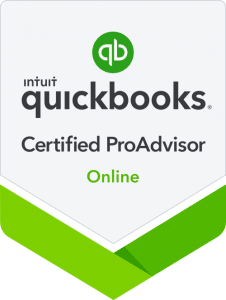If you are a business that’s just starting up, or you have recently decided to take the leap and outsource your financial management, you may need some help navigating the wide range of choices available. We’re here to help you understand the difference between bookkeepers and accountants and ultimately decide which one is right for your company.
Bookkeeper
A bookkeeper is your go-to for meticulous record keeping of your finances. They spend their time recording journal entries i.e. tracking your financial transactions via double-entry bookkeeping. They’re duties include:
Preparing Financial Statements
Your bookkeeper will likely be in charge of preparing the four vital financial reports for your company. It is of dire importance that these statements are accurately prepared so they can be used for financing, investing, and tax purposes.
- Income Statement: tracks your revenues and expenses during a specific period of time. (It’s also known as a profit and loss statement).
- Balance Sheet: displays assets, liabilities, and equity at a certain time period.
- Statement of Cash Flows: gives you a picture of the cash (and equivalents to cash) that move in and out of the company.
- Statement of Retained Earnings: details the change in retained earnings that your company holds
Managed Bookkeeping
A bookkeeping account manager will take care of your automatic transaction import, build a monthly set of supporting work papers, reconcile your bank and credit card accounts, and produce management reports that let you know where your business stands.
Overseeing Payroll
If you hire a bookkeeper, you will no longer have to worry about handling payroll. Your bookkeeper will manage everything associated with the process of paying your employees. They’ll take care of the complicated task of calculating each employee’s salary, and removing state and federal taxes.
Accountant
Accountants simply take bookkeeping to the next level. In addition to preparing statements and books, they also offer analysis and interpretation of the financial reports and what they mean for your business. Likely, they will offer up suggestions on what should be done based on the statements and reports. Accountants will also help you to prepare your tax returns.
CPAs or Certified Public Accountants are a step higher than accountants. These professionals have taken examinations to certify their knowledge and expertise. CPAs are able to audit financial statements in order to report them to the SEC or Securities Exchange Commission.
Cloud Bookkeeping
Each company requires different services and has a different budget. If you decide that bookkeepers are the right choice for you, try out Cloud Bookkeeping. We are more than your typical bookkeeping firm. Whether you are looking to balance your budget or seeking meaningful insight for your company, we offer comprehensive financial guidance and a wide range of bookkeeping and software solutions to amplify your business and free up your time spent on books.






